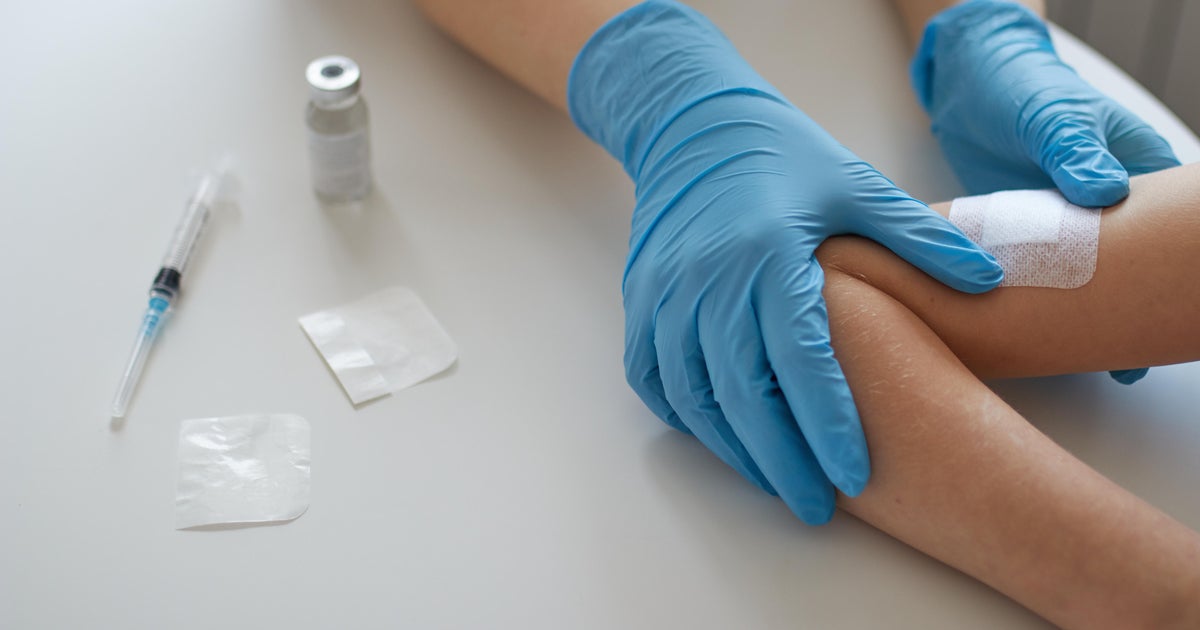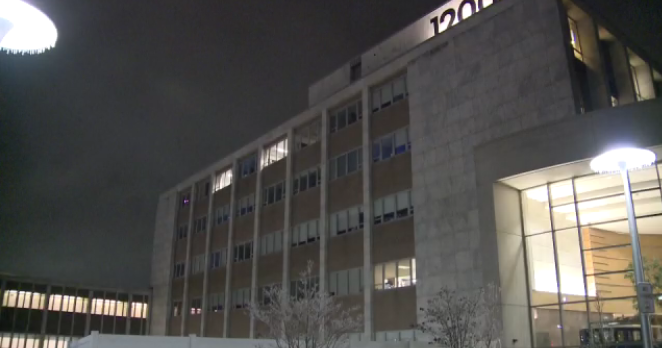Oxford says vaccine could curb not only illness, but spread of COVID-19
New data from an Oxford University trial offers the first evidence that the COVID-19 vaccine developed by the prestigious school along with AstraZeneca can not only prevent people getting sick with the coronavirus, but could help substantially reduce its spread in the community. For the first time in a large-scale human trial, all participants in the U.K. study were screened at regular intervals for COVID-19 infection after getting a first shot of the vaccine, rather than just participants who developed suspected symptoms of the disease.
The Oxford research, posted online Tuesday as a yet-to-be peer reviewed "pre-print" study by The Lancet, found that up to 12 weeks after getting a first dose of the vaccine, there was a 67% reduction in positive tests among trial participants compared to those given a placebo.
A number of vaccines, including Oxford/AstraZeneca's, the Pfizer and Moderna formulas being widely used in the U.S. and others developed around the world have shown strong efficacy at preventing symptomatic infection, but there has been no evidence until now that any would also prevent people carrying the disease without outward symptoms.
Those asymptomatic carriers have long been considered a major risk for passing the disease on to others, fueling its spread within populations.
For that reason, the latest data from Oxford was greeted with great enthusiasm from British leaders, who've pegged the hopes of their mass-vaccination program largely on the Oxford/AstraZeneca vaccine. Almost 10 million people had been given a first dose of COVID-19 vaccine in the U.K. as of Wednesday, many of them with the Oxford shot.
Prime Minister Boris Johnson lauded the results as "really encouraging" and expressed his gratitude to the British scientists and national health care workers powering the U.K.'s vaccination program, which was among the first to get up and running in the Western world.
U.K. Health Secretary Matt Hancock also effused about the "absolutely superb" Oxford data, telling the BBC on Wednesday that the potential to curb the silent spread of COVID-19 meant the vaccine would "help us all get out of this pandemic."
12-week dosing gap affirmed
In addition to the evidence on preventing asymptomatic infection, the data released by the Oxford scientists on Tuesday bolstered the policy adopted by both British and European Union drug regulators of leaving a gap of up to 12 weeks between the two doses of the Oxford/AstraZeneca vaccine.
The decision raised eyebrows when the U.K. regulator announced it just before Christmas, despite it being the interval recommended by Oxford, as data available at the time didn't clearly demonstrate the vaccine would remain effective during the gap between shots.
But the pre-print study released on Tuesday showed that the first shot of the vaccine not only remained highly effective (72% from 22 days to 90 days after the first dose), but that leaving at least three months between the shots actually appeared to boost overall efficacy to 82.4%.
By contrast, in trial participants who got the second dose of the Oxford vaccine after six weeks, the efficacy of the drug was only about 55%.
The U.S. the Food and Drug Administration hasn't yet granted emergency authorization for use of the Oxford/AstraZeneca vaccine. Phase-3 human trials on it are still ongoing in the U.S., as well as in the U.K., Brazil and South Africa.
So far the FDA has not shown any inclination to back the longer interval strategy adopted by the U.K. and Europe if and when it does approve the Oxford vaccine, but the latest data from Britain could sway the American regulators.
The head of the Oxford Vaccine Group, Professor Andrew Pollard, who is also the lead scientist on the U.K. trial of the drug, said the data was evidence that the 12-week interval between doses was "the optimal approach to roll out, and reassures us that people are protected from 22 days after a single dose."
CBS News producer Steve Berriman contributed to this report.





